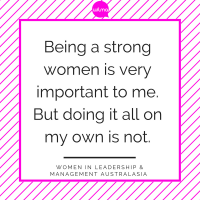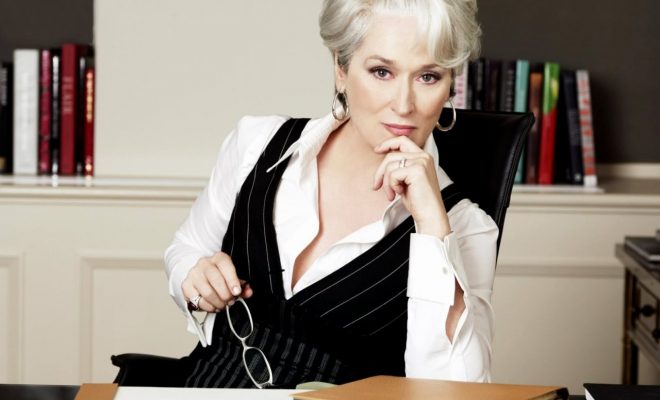Uncertain economic times could impact on Australian companies’ inclination to promote more senior women, warns Diane Smith-Gander, the new president of Chief Executive Women.
“We seem to have one shock after another coming through the system,” she said in an interview with The Australian.
“First it was the iron ore price and now it is the oil price. We are going to have some tougher economic times and when you have tougher economic times, it is harder for disadvantaged groups to get some traction — and women are clearly one of those.”
Ms Smith-Gander, who also chairs ASX-listed Transfield Services and is a director of Wesfarmers, is the first elected president of CEW, a lobby group of almost 300 senior women in Australian business which celebrates its 30th year this year.
“Chief Executive Women is coming into a moment where there is a strong purpose to make sure that the momentum that is developing (with the promotion of women in corporate Australia) doesn’t stall because of problems with economic conditions,” she said.
She takes over as president just as the most senior woman in corporate Australia, Gail Kelly, is retiring after seven years as Westpac chief executive.
Ms Smith-Gander, who is a former senior executive at Westpac and former partner with management consultants McKinsey in the US, said it was important for women to have role models in leadership positions.
“If they don’t see people that look like them in leadership positions, they are going to assume that those leadership positions are not open to them. They will make decisions that hamper their ability to get there in the long run.
“People are pragmatic. There are only so many of us that will tilt at a windmill or beat themselves against a brick wall.”
She hit out at the low level of female representation in Tony Abbott’s cabinet, which only has two women out of a total of 19 senior ministers. “Anyone who is not worried about the fact that there is such low gender representation in the federal cabinet is really fooling themselves.”
Ms Smith-Gander said she was hoping the momentum to promote women to senior levels of the Treasury that had begun under former secretary Martin Parkinson would continue under his successor.
The Treasury’s programs, which included setting targets for women in senior roles and moving to have more flexible working arrangements, were part of a case study released by CEW in November to help inspire other groups to promote more women.
“In 2011, for the first time in their history, they introduced gender targets and reporting,” she said. “They set a goal of 35 per cent women in their Senior Executive Service by 2016 and a longer-term target of at least 40 per cent.
“They moved quite quickly against those targets,” she said.
“Now they have the targets in place and they have the measurement systems in place and they have done the work around flexible roles, you hope the circuit has been broken and there is enough momentum for them to be able to continue.”
Ms Smith-Gander said one of her aims as president of CEW was to have more senior women talking about the need for promoting more diversity in Australian business.
“We need to make sure there are as many senior female voices in the debate as there are senior male voices. We have the Male Champions of Change (a group set up by federal Sex Discrimination Commissioner Elizabeth Broderick) but we need to make sure we are out there as strongly, having that conversation.
“Public policy and advocacy will be a stronger part of what CEW does over the next two years.”
Ms Smith-Gander said she hoped that CEW could step up its program of having groups of senior women meeting with chief executives and their leadership teams to help advise on how to encourage more gender diversity in their organisations.
She said members of the organisation were often asked for advice by CEOs who were having difficulty implementing programs to promote women.
“For the first time in their business career, men are sitting there with a critical mass of women who have been successful — even more successful than they might have been. They hear different views and they see how the meeting runs differently and the penny drops.
“I want to do more of that. We want to have conversations with senior male leaders so they can understand what they can do differently and really understand what their leadership shadow looks like.”
She said CEW would also continue its programs to help develop senior women and its scholarship programs for young women. Ms Smith-Gander criticised a recent report on the financial system by David Murray for not doing enough to address the issue of women’s low levels of superannuation.
“He should be thinking about what was in the system that was making women systematically end up with less superannuation balances than men.
“This is something that is really important that we need to deal with.
“We are very concerned about childcare, paid parental leave, superannuation and gender pay equality, particularly as it strikes the ability of women to get into leadership positions.”
Ms Smith-Gander will be president of CEW for the next two years. She takes over from Christine Christian, former chief of Dun & Bradstreet Australia.
This article was originally published on The Australian 29th January. Read the original article here.









Leave A Comment